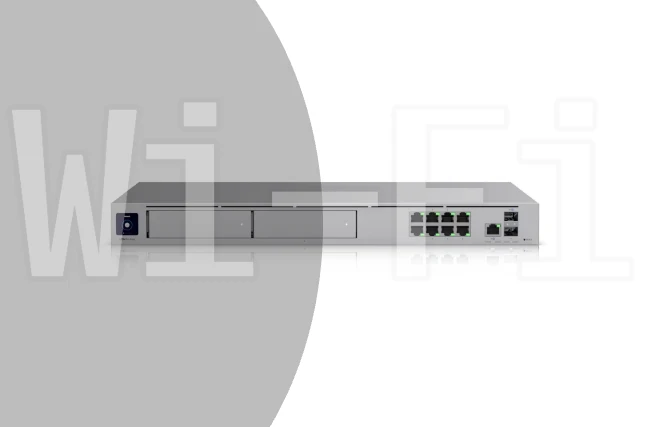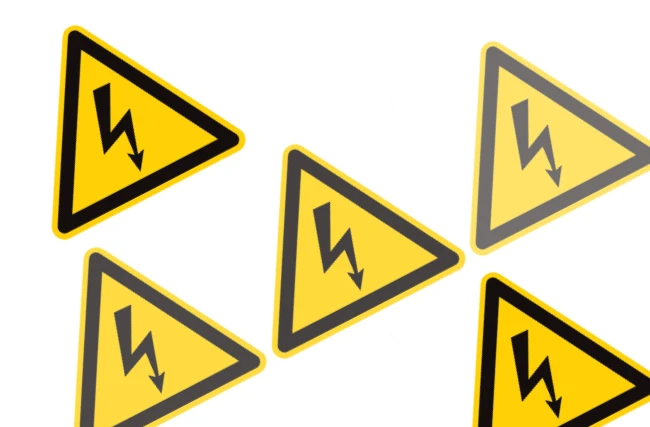We live a large portion of our lives online, using the internet for shopping, banking, working, and staying connected with friends and family. While the internet offers amazing convenience, it also opens the door to risks if we’re not careful with our personal information.
One of the most common ways people accidentally expose themselves to fraud or identity theft is through social media. Let’s break down why keeping your data private is so important, and how oversharing online can put you in serious trouble.
The Dangers of Oversharing on Social Media
We’ve all seen it: birthday shout-outs, new job announcements, vacation check-ins, or even throwback photos with personal details. While these seem innocent, they often include information that can be exploited by cybercriminals.
Here are a few examples of how seemingly small details can lead to bigger problems:
- Birthdays and Birthplaces: These are common security questions used to verify your identity. If someone sees your birthday post and knows where you’re from, they may have two key pieces of data.
- Family Names: Posting about your “amazing mom Susan Smith” or “brother Mike” could give away answers to security questions like “mother’s maiden name” or “what is your brother’s name?”
- Travel Posts: Sharing your location while you’re away can alert criminals that your home is empty, opening up the risk of real-world crime in addition to online scams.
- Job and Education History: This info is often used in phishing attacks or to impersonate you online.
How Cybercriminals Use Your Information
Once attackers collect bits and pieces of your personal data, they can:
- Steal Your Identity: Using your name, address, and other personal info, they might open credit cards or apply for loans in your name.
- Take Over Your Accounts: If they can guess your password or answer your security questions, they can lock you out of your own email, bank, or social media accounts.
- Launch Targeted Scams: With enough information, scammers can send emails or messages that look convincingly real, tricking you or your contacts into clicking malicious links or handing over even more data.
Tips to Keep Your Data Safe Online
Luckily, you can protect yourself with a few simple habits:
- Think Before You Share: Avoid posting sensitive details like your full birthdate, address, or vacation plans online. Even in “private” posts.
- Review Your Privacy Settings: Make sure your profiles are set to private and limit who can see your content.
- Use Strong, Unique Passwords: Never reuse passwords across accounts, and consider using a password manager to keep them secure.
- Turn On Two-Factor Authentication (2FA): Add an extra layer of protection to your accounts by requiring a code sent to your phone or email.
- Watch Out for Phishing Scams: Be cautious of messages that ask for personal info or urge you to click suspicious links, even if they look legit.
- Regularly Check Your Accounts: Monitor your bank and credit reports for suspicious activity, and act fast if something seems off.
Final Thoughts
The internet is a powerful tool, but only if we use it wisely. Cybercriminals are always looking for easy targets, and the more personal info you share, the easier it is for them to strike.
Take a few minutes to clean up your social media profiles, update your security settings, and think critically about what you post. Your future self will thank you.



